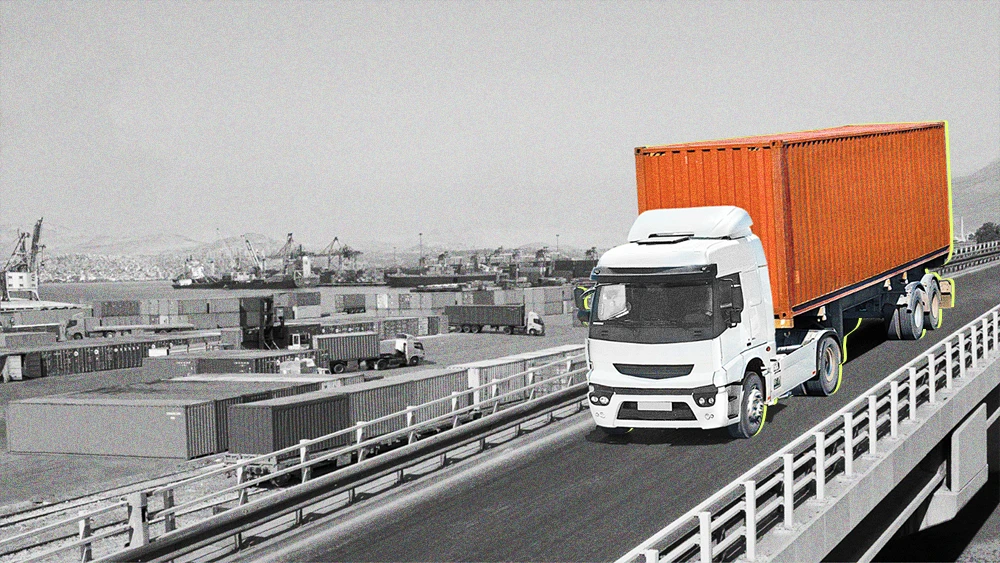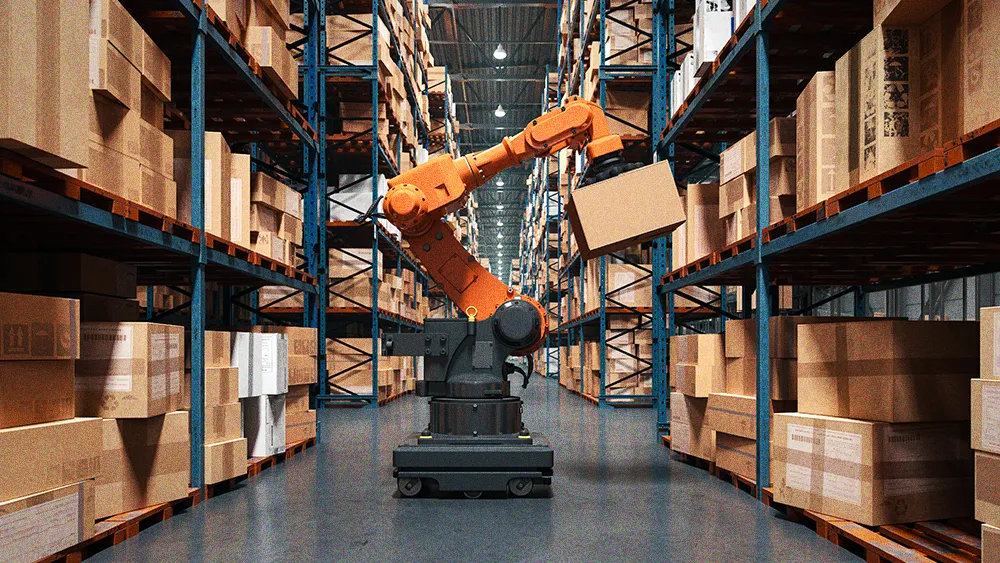
All articles
Proceed with caution; calculated decisions beat reactive moves in logistics chaos
CEO Kristy Knichel anticipates potential business growth once U.S. tariff uncertainties stabilize, despite current challenges.

Key Points
CEO Kristy Knichel anticipates potential business growth once U.S. tariff uncertainties stabilize, despite current challenges.
Knichel Logistics is cautious about adopting AI tools, prioritizing proven solutions over early adoption due to high costs and risks.
The company focuses on strategic restraint and calculated caution, learning from past setbacks to drive deliberate decision-making.
We don’t want to be the first ones doing it. We want to see it evolve a little bit and see how it's working with other companies because it is so new.

Logistics isn't a race, it's a balancing act. As market shocks and tech shifts hit from all sides, quick moves and blind optimism won't cut it. The leaders who last are the ones blending bold innovation with hard-won caution.
Kristy Knichel is the CEO of Knichel Logistics, a multimodal transportation provider. She brings decades of experience steering her company through hype cycles and crises, navigating with clear eyes and urging others to do the same.
Testing the waters: Knichel Logistics is keeping a close eye on AI tools but hasn’t found one worth the price—or the risk. “Some of that technology is super expensive right now,” says Knichel. “We don’t want to be the first ones doing it. We want to see it evolve a little bit and see how it's working with other companies because it is so new.”
Tools like automated pricing aren’t a fit yet, especially given their volume in certain sectors. For Knichel, AI only makes sense if it solves a real problem. The team continues to look for efficiency gains, but nothing has cleared the bar.
Tariff turbulence: Despite "an upward trend since last April, steadily building revenue on the intermodal side," Knichel acknowledges the uncertainty surrounding new U.S. tariffs. She anticipates that once the current tariff situation stabilizes, it could create a boom for their business, but for now, it’s watch and wait.
Calculated caution: Knichel moves the business forward by treating every setback as a chance to improve. “I realized I had to learn more about the business and take control,” she says, recalling a tough first year in 2013, when a COO’s aggressive growth play backfired.
It resulted in financial losses, but also internal resistance and a hard lesson in strategic restraint. The experience shaped her approach today, characterized by deliberate decision-making, a sharp eye on risk, and a refusal to chase momentum without a solid foundation.
Nearshoring nuances: Regional supply chains are getting more attention, but for now, the impact on Knichel’s U.S. clients is minimal—though a few are running into export snags. “Companies are going to continue to look at nearshoring in Mexico; it's still going to be a good option,” she says. “After going through COVID, North America needs to depend on each other over here and not these other countries for the supply chain.”
Through it all, Knichel stays grounded. “I’m pretty optimistic about the rest of the year,” she says—a vote of confidence in thoughtful growth over reactive moves.





